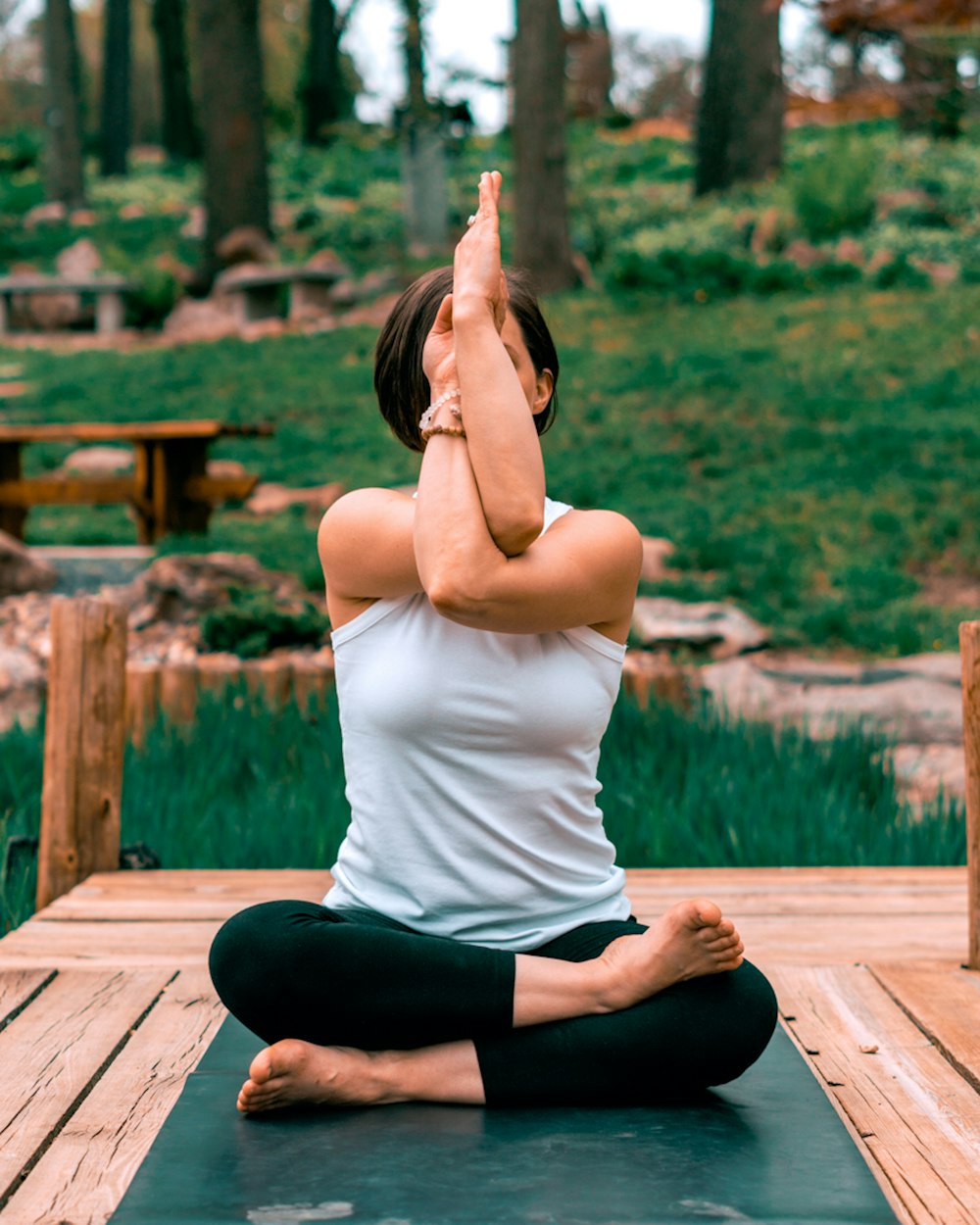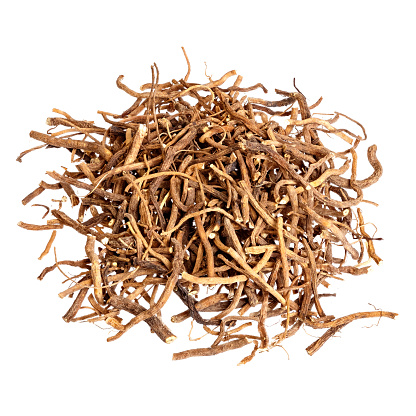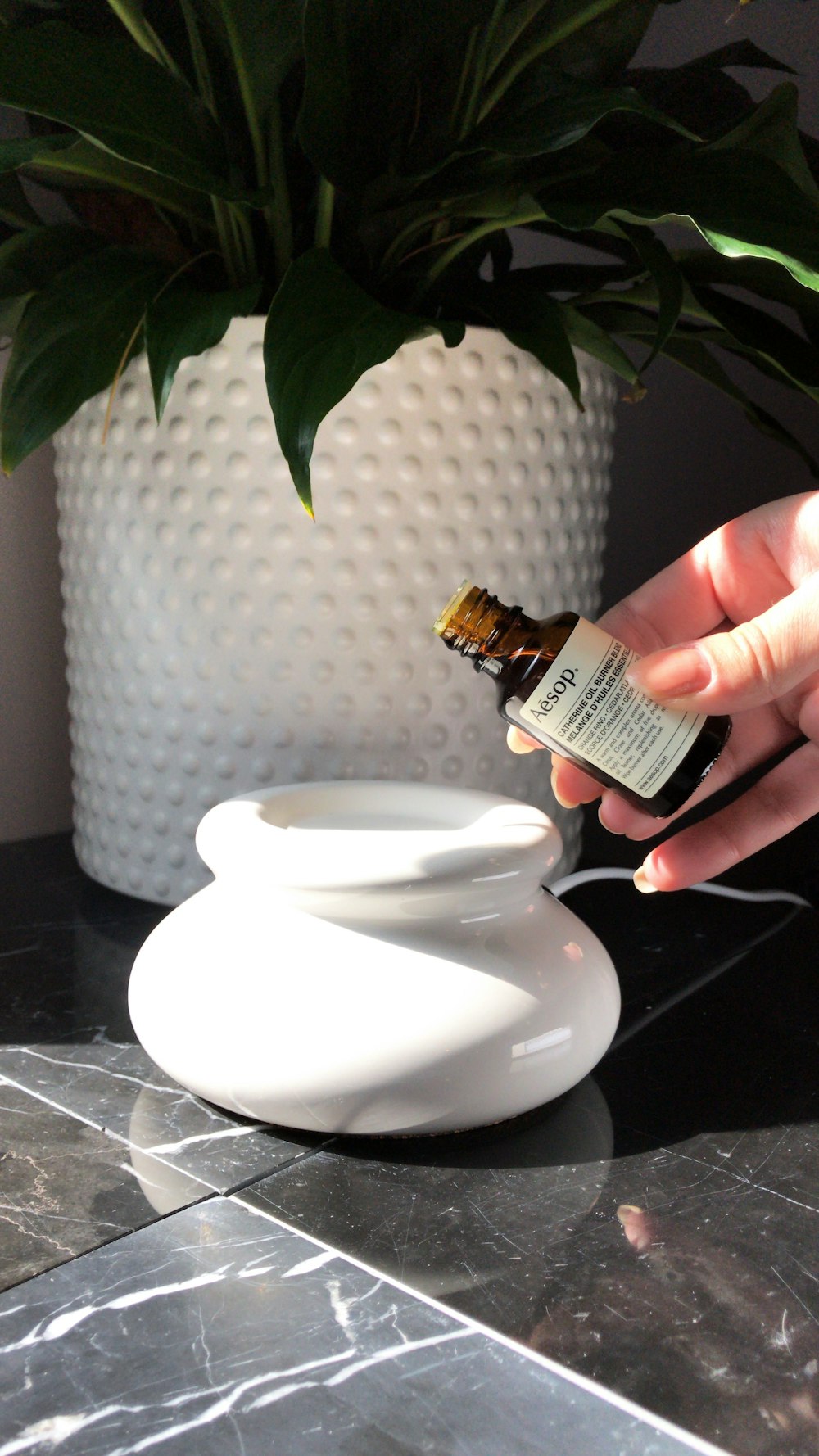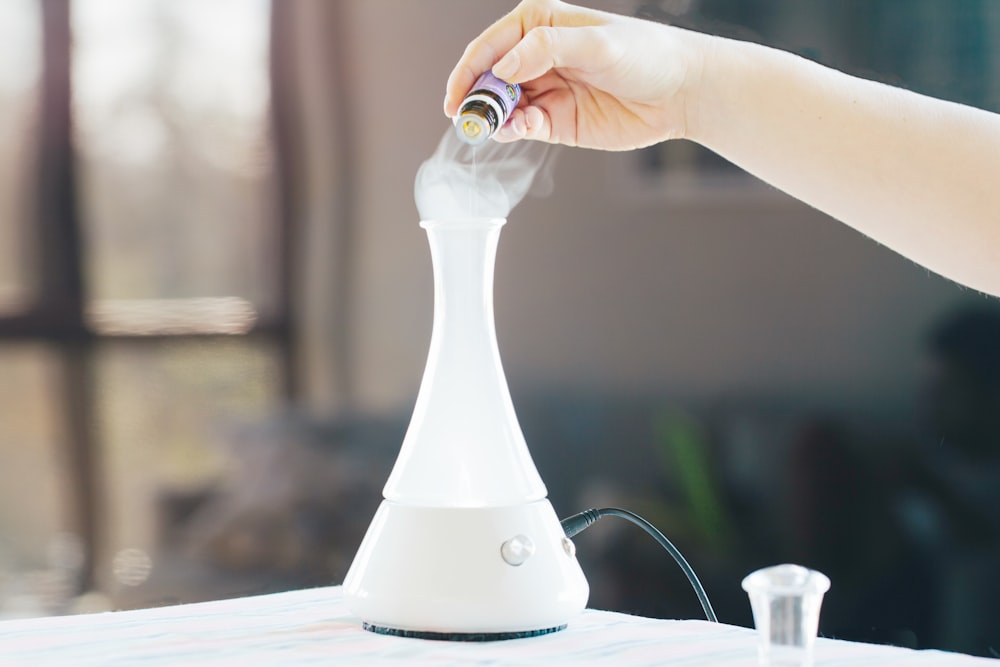Getting a good night’s sleep is very important to your health. But what happens if you suffer from insomnia? Insomnia, according to dictionary.com, is the inability to obtain sufficient sleep or difficulty in falling or staying asleep. Before you turn to over the counter medications to help you fall asleep, there are some alternative natural remedies for insomnia that have proven to work.
Why Does Insomnia Happen?
It is important to note that while you may have insomnia, not all insomnia is the same. People usually experience it in different ways. Some can experience short term insomnia, that only lasts for a brief period, while some have chronic insomnia, lasting for months. The primary problem though, remains the same: trouble falling asleep.
Some common causes of insomnia can include high stress, poor sleeping habits, anxiety, depression, irregular sleep schedules, medications and neurological problems. For many, it is a combination of these factors that cause their insomnia.
On the bright side, there are various natural remedies for insomnia to consider if you want a way to deal with it and start sleeping better.
Natural Remedies for Insomnia
1. Yoga

Yoga has been found to have positive effects on sleep quality. Since it is a way to relax, breathe and unify your mind, body and spirit, it can help alleviate stress and boost your mental focus, therefore allowing you to sleep better.
When choosing yoga styles, choose one that focuses more on breathing and meditation to allow you to stay present and focused.
2. Melatonin
Melatonin is a hormone produced by your body that signals your brain that it’s time to sleep. Its production and release depend on the time of the day and are usually higher in the evenings and lower in the mornings. So if you’re looking for some natural remedies for insomnia, melatonin pills would be a great option.
Melatonin supplements are widely used for various sleep conditions as they can help you fall asleep faster and can enhance the quality of your sleep. Ideally, you want to take 1-5mg of melatonin 30 minutes to 2 hours before going to sleep. It is also recommended to take melatonin in the evening, as taking it in the morning can affect your cardiac rhythms.
3. Valerian Root

Valerian root is known as one of the most common sleep herbal supplements in the United States and Europe. It is a herbal home remedy that can be brewed as tea or taken as a supplement to help reduce anxiety, promote relaxation and improve sleep quality.
Valerian is thought to affect levels of GABA (a neurotransmitter) in the body that can relieve muscle spasms and alleviate menstrual pain as well. Ideally, you should take a 450 mg dose an hour before going to bed. While there is a lack of objective data behind valerian, some claim that it has helped them sleep more soundly and fall asleep faster.
4. Lavender Oil

Lavender soothing fragrance is believed to enhance sleep, improve mood, reduce pain and promote sleep. Many studies show that smelling lavender oil shortly before you sleep may be enough to improve your quality of sleep and reduce levels of anxiety. This is a great remedy for those suffering from insomnia.
Taking lavender orally, while safe, is not recommended as it can cause headaches, nausea and constipation. Try adding lavender essential oil to a diffuser or spray it onto your pillow. You could also add several drops of lavender oil to a bath before bed to help with sleep.
5. Magnesium
Magnesium is a naturally occurring mineral in the body and it is important for brain functions and heart health. It can help relax muscles, relieve stress and make it easier to fall asleep.
Studies have shown that magnesium’s ability to relax muscles may be due to the fact that it can regulate the production of melatonin in our bodies. As a result, low magnesium levels could be linked to causing insomnia and sleep problems. You can increase your magnesium intake by taking magnesium supplements or taking a bath with magnesium flakes and allowing the magnesium to be absorbed through your skin.
6. Light Exposure

Another on the list of natural remedies for insomnia is to be mindful of and limit light exposure. Light exposure plays an important role in telling your body when to sleep and when to wake up. Your smartphones, tablets and computers emit a blue light which acts almost like caffeine, leaving your brain feeling alert instead of relaxed for sleep. So when winding down for bed, turn off your devices at least an hour before and reduce your exposure to light. Use dark curtains or wear an eye mask if you have to.
7. Aromatherapy

You may not be aware, but scent can have a strong effect on your mood. Consider aromatherapy in your bedroom to help you relax and ease anxiety and sleep better. Lavender essential oil in particular has been used as a folk remedy to help people fall asleep. Other essential oils to consider for sleep aid include chamomile and patchouli.
8. Meditation

Meditating regularly may help to promote better and faster sleep as it slows your breathing down and can reduce stress hormones in your body. Meditate by directing your attention to a particular object (ie. breathing, or sounds) and observe your thoughts, body, feelings to help calm the mind and relax the body.
Meditate as often as you like, even 15 minutes a day can help to improve your overall concentration and improve your sleep patterns.
9. Glycine
Glycine is an amino acid and neurotransmitter found in the body that can stimulate the brain and nervous system, or quiet it. Studies have shown that it may help to improve sleep. Glycine can also lower your body temperature at bedtime, signaling your body that it is time to sleep. Ideally, you would want to consume Glycine immediately before bedtime to help you fall asleep more quickly, increase your sleep efficiency, and increase the quality of your sleep.
10. Passion Flower

Passion flower is a type of exotic vine flower that has been found to be an effective herbal remedy for insomnia and anxiety. Animal studies have shown passion flower to have sleep promoting properties, but in humans, the effects depend on the form consumed. For optimal results, try steeping a teaspoon of passion flower in boiling water for at least 10 minutes before drinking. It will calm you and help you fall asleep easier.
11. Food and Diet

Believe it or not, what you do or do not eat before bed can have an effect on your ability to sleep or stay awake. Many foods contain chemical properties that can affect how you feel. Try to avoid eating anything with a high amount of sugar before bed as it can cause uneven blood sugar levels and disturb your sleep.
Eat foods such as whole grain crackers, and vitamin B6 rich foods such as sunflower seeds, bananas and wheat germ as they increase your melatonin and can help in making you sleep better. Magnesium rich foods can also help you fall asleep, since magnesium is a natural sedative. Some foods to have include: legumes, almonds, dark leafy greens and cashews.
Steer clear of caffeine, alcohol and nicotine before bed, as they can cause restlessness and insomnia.
